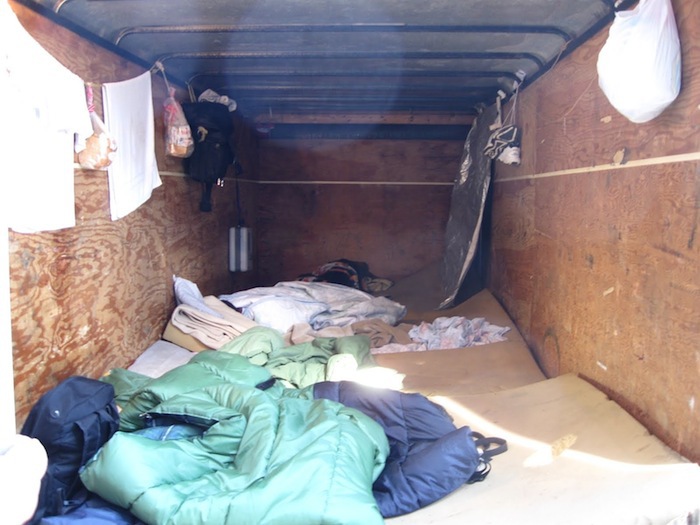Dozens of refugees from Africa who were B.C. tree-planters in 2010 have been awarded an estimated $700,000 settlement for discrimination based on race, colour, and sex.

The ruling by the B.C. Human Rights Tribunal forces Surrey-based Khaira Enterprises to pay $10,000 to each of the 55 people who worked at its Golden, B.C. operation from March to July 2010. The camp was shut down by the provincial government, which had given the company a number of contracts, when it found the workers hungry and without pay.
“Camp conditions in Golden were compared to slave ships that crossed slaves across the Atlantic,” said Eugene Kung, chief counsel for BC Public Interest Advocacy Centre, who represented the workers.
“There was a clear finding of discrimination, and this was also an extreme example of overt racism.”
The Tribunal confirmed the African workers were subjected to poor working conditions and living conditions, forced to work up to 14 hours a day, and were poorly fed.
“The decision confirms the employers duty to ensure a respectful workplace. It also confirms the intention to harm someone or to be racist. The intention of the harasser is not as important as the perspective of the receiver, which is well established in law,” added Kung.
Sarah Kahn, a staff lawyer on the case, said the workers were beaten and called racial slurs. The trailers were not ventilated and the showers were unsanitary. And while the Caucasians and Asian workers were paid, the African refugees were not.
“It was just so constant the type of discrimination they endured over such along period of time,” she said.
“Some workers who left the camp had traveled to B.C. from other parts of Canada, and once the camp was shut down and they hadn’t gotten paid they needed emergency assistance.”
She said that Khaira still owes the workers $130,000 in addition to the new $700,000 penalty.
“Of course, collecting this will be very difficult, but we do appreciate the tribunal has taken this case seriously and has made a strong finding.”




Comments